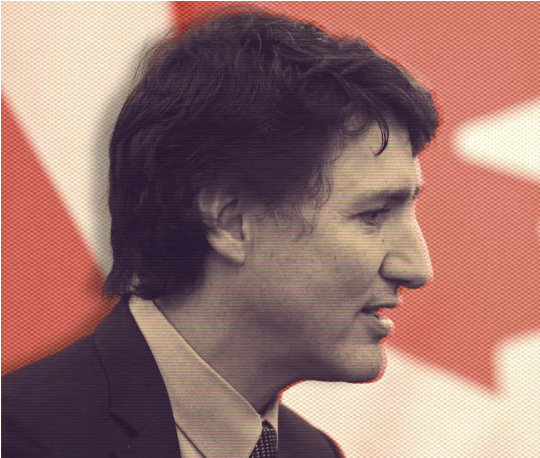
In recent months, tensions between India and Canada have reached new heights, with both nations expelling top diplomats in the wake of accusations surrounding the assassination of a Sikh separatist, Hardeep Singh Nijjar, on Canadian soil. Canadian Prime Minister Justin Trudeau has accused the Indian government of direct involvement in the killing, while India has denied these claims and countered by criticizing Canada for allowing anti-India groups to operate within its borders.
As both nations navigate this diplomatic showdown, it’s essential to recognize the complex interplay of fact and fiction in international relations.
The Long-Standing Issue: Khalistan and Beyond
The recent fallout between India and Canada isn’t an isolated incident. For decades, the issue of Khalistan—an independent Sikh homeland—has strained relations between the two countries. Canada’s significant Sikh diaspora, one of the largest in the world, has made this a particularly sensitive topic for Ottawa. While the issue seemed to have quieted down in the early 2000s, recent events have reignited old tensions.
This isn’t just about Canada’s internal politics or India’s domestic concerns. There is a growing sense of bilateral antagonism, with both sides adopting a provocative blow-hot, blow-cold approach. The result? A fragile relationship that has become increasingly difficult to manage.
Diplomacy: The Thin Line Between Fact and Fiction
Diplomatic tensions often arise when one country publicly accuses another of wrongdoing, as in the case of the Nijjar assassination. While the facts of the case remain unclear, the public spectacle has shifted the focus from what may have happened to how both governments are handling the fallout. It raises the question: is the spectacle of diplomacy sometimes as important as the facts themselves?
In the world of international relations, perception can often matter as much as reality. Both nations cite long-term national security concerns, but there are more layers to this story. As India grows in global stature, it faces increasing scrutiny, and diplomatic conflicts like this one are likely to intensify. Meanwhile, countries like the UK and the U.S. are urging India to cooperate in the investigation, attempting to broker peace between the two nations.
Learning from History: A Familiar Pattern
Diplomatic flare-ups between nations are not new. The current tensions between India and Canada bear a resemblance to another diplomatic standoff from half a century ago. In 1975, Australia and North Korea broke off relations over perceived provocations, with both countries accusing the other of unfriendly behavior and expelling diplomats. While the actors and the era may differ, the fundamental issues remain the same—an inability to smooth over differences leads to prolonged conflict and diplomatic breakdowns.
The Importance of Diplomacy in an Age of Mistrust
As we reflect on the India-Canada showdown, it’s clear that effective diplomacy must address both fact and fiction. While the truth of the Nijjar case is still being investigated, the narrative surrounding it has taken on a life of its own. As Tom Hanks’ character in Bridge of Spies said, “The case against you matters. Making them prove it matters. The fiction is: whether you did it or not doesn’t matter. The state has to prove it.” This statement perfectly captures the current situation—both India and Canada must sift through fact and fiction to resolve this diplomatic impasse.
LifeBahn’s Perspective: Collaboration Over Conflict
At LifeBahn, we advocate for collaboration as a means to resolve complex global issues. While competition and conflict may dominate international relations, we believe that meaningful dialogue can pave the way for lasting solutions. As tensions between India and Canada continue, it’s vital to remember that diplomacy isn’t just about proving who’s right or wrong—it’s about finding common ground.
The Intellectual Revolution of 2024 (IR2024) encourages critical thinking and collaborative problem-solving, offering a way forward in today’s complicated world. By addressing both facts and perceptions, we can create a more equitable future where collaboration prevails over conflict.
Join the Conversation
What are your thoughts on the ongoing India-Canada tensions? How can nations navigate complex issues through diplomacy? Share your insights with us at LifeBahn.
Try LifeBahn’s ‘a lifetime of education in 52 weeks “ or
GREAT@ (Globally Relevant Education And Training} Academy, an education continuum, helping to make a better life for our families and our future generations.
Or share your thoughts and ideas in the LifeBahn blog.
Our path to Prosperity.
Autobahn — Road for Automobiles.
LifeBahn —- Road for life. Built on the simple principle.
While competition is a good way to succeed for a FEW,
collaboration is a BETTER way to succeed for MANY.
Please participate and become part of the solution.
Thank you






